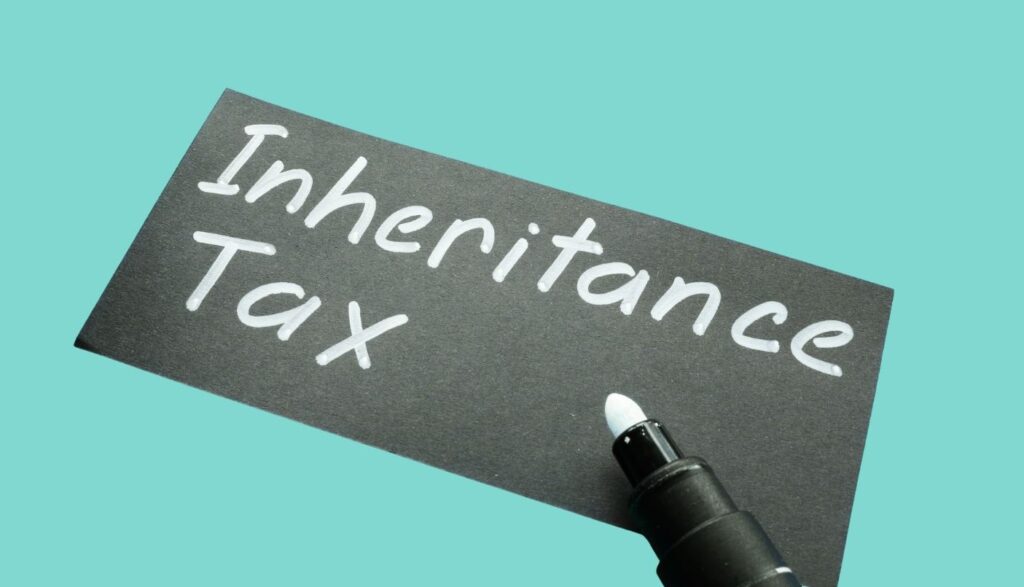Introduction
Until the Autumn Budget, trading businesses were generally outside the scope of Inheritance Tax (IHT), as they qualified in full for Business Property Relief (BPR). From April 2026, this changes: only the first £1 million of eligible business assets will receive 100% IHT relief, with the value above that attracting 50% relief, effectively a 20% IHT charge on the excess.
Part 5 of this series is aimed at business owners planning to pass the reins to the next generation while minimising the tax impact. In this instalment, AMS explores:
- What the BPR changes mean for business owners
- The steps they should be taking now
What Does This Mean for Business Owners?
The new BPR rules, coming into effect in April 2026, could significantly impact estate planning for those who own businesses or hold shares in qualifying enterprises. Key implications include:
- Reduced Relief: Only the first £1 million of qualifying business assets will receive full relief; the remainder will be taxed at 20%.
- Lost Allowance if Not Used: The £1 million allowance is not transferable to a surviving spouse. If assets are left to a spouse, the allowance is lost, potentially resulting in a larger IHT bill later.
- Planning Is Essential: Owners may need to reconsider how their estate is structured, such as gifting shares during their lifetime or using trusts to maximise the available allowance.
- Deferred Payment, Not Deferred Liability: HMRC will allow tax to be paid in interest-free instalments over 10 years, but the liability remains with the estate and could reduce what the family ultimately inherits.
Example
Mr. Blake is a 48 year with a £5 million privately owned UK limited company. Mr. Blake’s objective is to pass the business onto his two adult children upon death.
Under the current rules, the entire £5 million could qualify for 100% BPR and therefore no IHT.
From April 2026, the first £1 million is at 100% relief with the remaining £4 million at 50% relief (taxed at 20%), resulting in an £800,000 IHT bill. The family may face £80,000 per year for 10 years, or be forced to sell shares or other assets to cover the tax liability.
What Should Business Owners Do Now?
For businesses valued over £1 million, inaction is no longer an option. AMS recommends:
- Restructuring ownership to optimise tax treatment
- Utilising trusts or Family Investment Companies (FICs) ahead of April 2026
- Making lifetime transfers while the full 100% relief is still available
- Revisiting Wills, company structures, and shareholder agreements
AMS is already working with clients to lock in reliefs before the window of opportunity closes. Early planning helps preserve business continuity, protect families, and avoid unnecessary disruption or forced sales.
Coming Up in Part 6
The final part of the series will focus on Wills: why they matter, what to consider when drafting one, and how they play a pivotal role in effective inheritance tax planning.
If you would like to see how AMS can help, please click here for a 30 minute complementary conversation.




